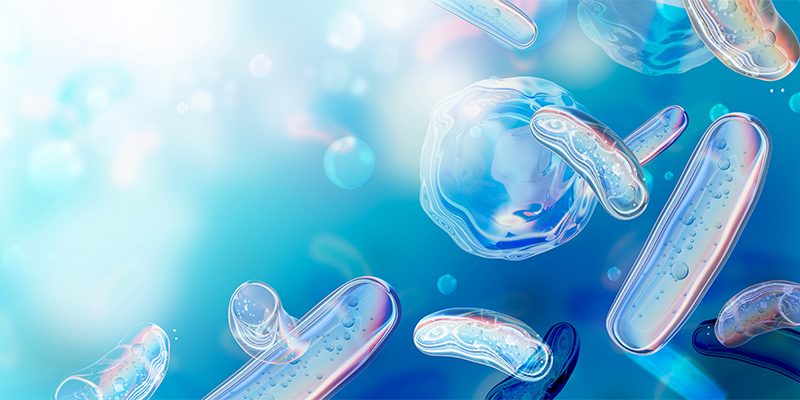Why is gut health important?: Understanding and Supporting Your Digestive System
Gut health is a fundamental component of overall well-being. The digestive system plays a critical role in nutrient absorption, immune function and maintaining a balanced microbiome. A healthy gut contributes to various physiological processes, impacting not just digestion, but also mental health and the body’s ability to ward off diseases.
This article examines the significance of gut health, common signs of imbalance and how to support a healthy gut through diet.
What is Gut Health?
Gut health refers to the proper functioning of the digestive system, including the balance of beneficial bacteria in the gut (the gut microbiota). A healthy gut microbiome supports digestion and contributes to nutrient absorption, which is essential for energy production and general health.
How to know if you have bad gut health?
Identifying signs of gut health issues can help prevent more serious conditions. Common symptoms of an imbalanced gut include:
- Bloating and Gas: Excessive gas and bloating may indicate poor digestion or an imbalance in gut bacteria.
- Digestive Issues: Symptoms like diarrhea or constipation can reflect problems with gut health.
- Fatigue: Chronic fatigue can be linked to nutrient absorption issues stemming from gut problems.
- Skin Conditions: Issues such as acne or eczema may be related to gut health.
- Mood Disorders: Increasing evidence suggests a strong connection between gut health and mental well-being, often referred to as the “gut-brain axis.”
Consulting a healthcare professional for accurate diagnosis is essential if you experience any of these symptoms.
What causes bad gut health?
Various factors can negatively impact gut health, including:
- Poor Diet: High intake of processed foods, sugars and low-fibre diets can disrupt the balance of gut bacteria.
- Stress: Chronic stress can alter gut function and lead to digestive problems.
- Medications: Antibiotics and other medications can disrupt the natural microbiome, affecting overall gut health.
- Lack of Sleep: Inadequate rest can negatively impact the gut, leading to dysbiosis (an unhealthy gut microbiome).
- Dehydration: Insufficient fluid intake can affect digestion and exacerbate gut issues.
What foods are good for gut health?
Maintaining a healthy gut can be achieved by incorporating a variety of foods into your diet. Here are some essential food categories:
1. Fibre-Rich Foods
High-fibre foods are crucial for gut health. They help regulate digestion and promote the growth of beneficial bacteria. Examples include:
- Whole grains (oats, brown rice)
- Fruits (apples, bananas, berries)
- Vegetables (broccoli, carrots, leafy greens)
2. Probiotic Foods
Probiotics are beneficial bacteria that help restore gut balance. Common sources include:
- Fermented Foods: Yogurt, kefir, sauerkraut, kimchi and kombucha.
3. Prebiotic Foods
Prebiotics are non-digestible fibres that feed beneficial gut bacteria. Key sources:
- Garlic, onions, leeks, asparagus, and bananas.
4. Omega-3 Fatty Acids
Omega-3s have anti-inflammatory properties that support gut health. Excellent sources include:
- Fatty fish (salmon, mackerel), chia seeds and walnuts.
Taking Action for Better Gut Health
Maintaining gut health is vital for overall physical and mental well-being. By recognising signs of gut imbalances and understanding their causes, individuals can take proactive steps to support their digestive health. Incorporating a balanced diet rich in fibre, probiotics, prebiotics and omega-3 fatty acids can significantly enhance gut function and, in turn, improve your quality of life.
While multivitamins can offer valuable support for overall health, it is essential to recognize that a balanced diet should remain the cornerstone of nutritional well-being. Multivitamins are intended to be a complementary measure and should not be considered a substitute for a diverse and nutritious food intake.
Note: It is strongly advised that individuals consult a healthcare professional prior to initiating any supplement, particularly if they have existing health conditions, are taking prescribed medications, or are pregnant.

